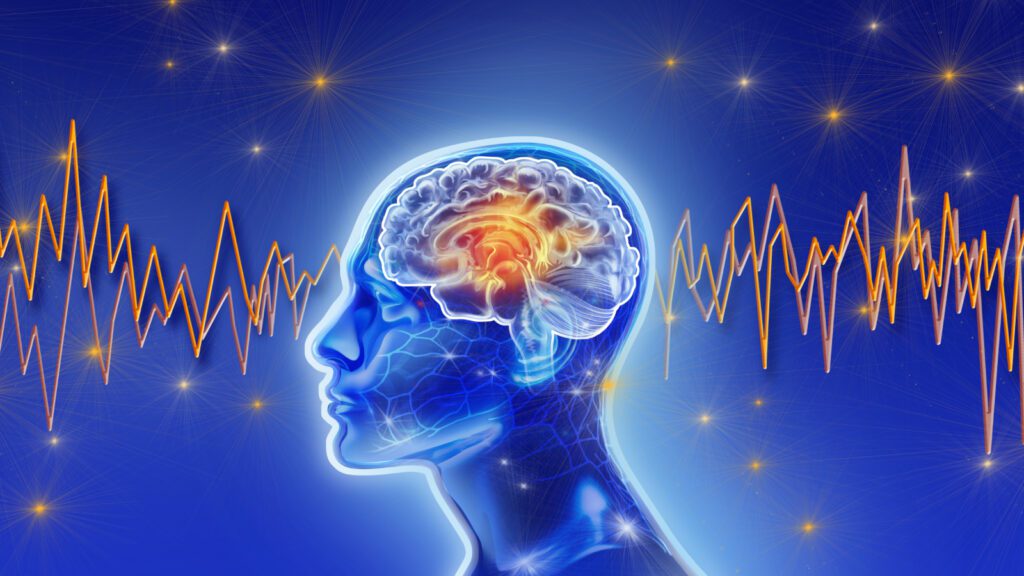The article discusses the phenomenon of “mind blanking,” a state where conscious thought temporarily halts. Neuroscientists have identified this as a distinct state of consciousness, differing from mind wandering. Thomas Andrillon, a researcher, explains that many people do not notice mind blanking until prompted, with studies suggesting it occupies 5-20% of waking hours.
In a recent study, researchers used EEG technology to measure brain activity during tasks requiring responses to numbers on a screen. Participants experienced mind blanking, which slowed their reaction times, indicating different brain states compared to when their minds wandered.
Furthermore, fMRI data captured global brain activity patterns during mind blanking that resembled deep sleep, suggesting that this state may help reset brain function. Researchers propose that mind blanking could serve as a mental reset, akin to a “cooling down” period, although it’s not ideal for optimal performance. Early findings indicate that sleep-deprived individuals may experience more frequent mind blanks, hinting at its potential role in brain maintenance.
Source link


